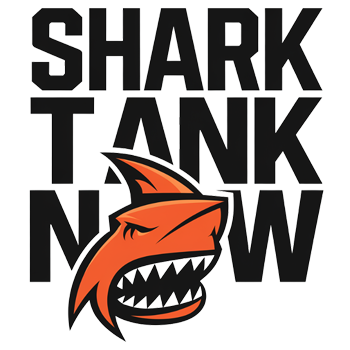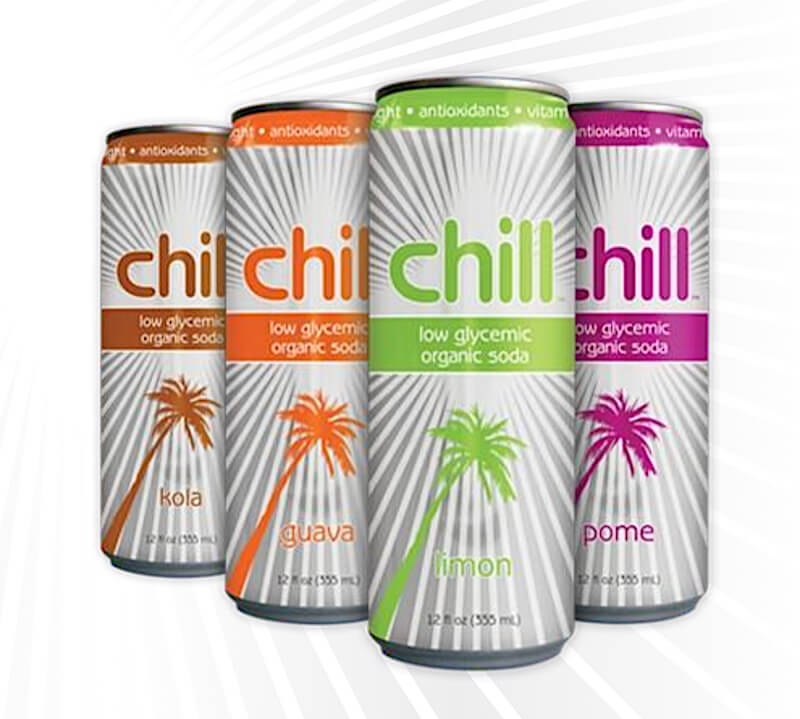Let me tell you a story about a soda that tried to change the game. Chill Soda, founded by Dan Mackey in 2009, was designed to be a healthier alternative to traditional sugary sodas. It wasn’t just another drink—it was a mission. Dan, inspired by his sister who worked as a teacher, wanted to create a soda that could replace unhealthy drinks in schools while still being delicious and satisfying. With its low-glycemic index, natural sweeteners like agave nectar, and no artificial additives, Chill Soda promised to be the perfect blend of health and flavor.
Dan’s entrepreneurial journey took him to Shark Tank in Season 1, Episode 9, which aired on October 13, 2009. Armed with passion and determination, he pitched his product to the Sharks, hoping to secure funding and guidance to take Chill Soda to the next level. What happened next is a tale of ambition, challenges, and hard lessons.
The Shark Tank Pitch
When Dan Mackey entered the Tank, he was seeking $50,000 for 10% equity, valuing Chill Soda at $500,000. His pitch revolved around the product’s unique selling points: a healthier soda with half the calories of traditional options, infused with vitamins and antioxidants. The product came in enticing flavors like Kola, Guava, and Lemon.
But things didn’t go as smoothly as Dan had hoped. His nervousness was palpable, and a critical miscommunication during his presentation nearly derailed his pitch. When discussing sales figures, Dan initially said he had sold only 250 cans—a statement that alarmed the Sharks. He quickly clarified that the actual number was 250,000 cans, generating $175,000 in revenue through a distributor. While this revelation salvaged some credibility, it also highlighted Dan’s lack of polish and preparation.
The Sharks were skeptical. Kevin O’Leary pointed out the immense challenges of scaling in the beverage industry, which requires significant capital for production and marketing. Robert Herjavec noted Dan’s lack of industry experience as a major red flag. Daymond John and Kevin Harrington echoed these concerns and opted out early.
However, Barbara Corcoran saw something different in Dan. She admired his honesty and determination despite his shortcomings. Against the advice of her fellow Sharks—who warned her about “murdering money” in such a competitive market—Barbara offered $50,000 for 20% equity, doubling the equity Dan initially proposed. Grateful for her belief in his vision, Dan accepted the deal without hesitation.
Memorable Moment: Kevin O’Leary’s dramatic warning to Barbara: “You are guilty of murdering money… You have offended the primal forces of capitalism.”
Investment Details
| Category | Details |
|---|---|
| Product Name | Chill Soda |
| Founders | Dan Mackey |
| Season & Episode | Season 1, Episode 9 |
| Ask (Investment & Equity) | $50K for 10% |
| Final Deal | $50K for 20% |
| Shark(s) Involved | Barbara Corcoran |
| Memorable Episode Moments | Miscommunication about sales figures; Barbara defying other Sharks to invest |
| Current Net Worth | $0 (business dissolved) |
| Current Business Status | Out of business |
| Revenue Since Shark Tank | Estimated $500K (lifetime) |
| Social Media Presence | Minimal |
| Key Achievements | Secured distribution briefly; initial buzz from Shark Tank |
Post-Shark Tank Journey
After securing Barbara Corcoran’s investment, Chill Soda seemed poised for success—but reality hit hard.
Operational Challenges
Chill Soda initially benefited from Barbara’s expertise and connections. The company secured distribution agreements that brought its products to stores across 40 U.S. regions. However, these agreements soon fell apart due to logistical issues and lackluster sales performance.
Market Competition
The beverage industry is notoriously competitive, dominated by giants like Coca-Cola and PepsiCo. Despite its unique health-focused positioning, Chill Soda struggled to carve out a niche against established players and other emerging health drink brands.
Disagreements Between Partners
Reports suggest that disagreements arose between Dan Mackey and Barbara Corcoran regarding distribution strategies and overall business direction. These conflicts further hampered the company’s ability to scale effectively.
Limited Sales Channels
As retail distribution faltered, Chill Soda shifted its focus to direct email sales—a move that severely limited its market reach. Customers could only purchase the product by contacting the company directly via email—a far cry from the widespread availability needed for growth.
By 2020, Chill Soda had ceased operations entirely.
Current Status
As of January 2025:
- Chill Soda is no longer operational.
- Its website remains inactive with outdated information.
- Founder Dan Mackey has moved on from the beverage industry and launched a private equity firm in 2020.
Key Financials:
- Lifetime revenue: Approximately $500K.
- Net worth: $0 (business dissolved).
Barbara Corcoran later admitted that her investment in Chill Soda was a complete loss—a rare misstep for one of Shark Tank’s most successful investors.
Analysis: Lessons from Chill Soda
Chill Soda’s story is both inspiring and cautionary. Here are some key takeaways:
What Worked
- Addressing a Market Need: The product tapped into growing consumer demand for healthier beverage options.
- Initial Traction: Early sales demonstrated genuine interest in the product.
- Supportive Investor: Barbara Corcoran’s belief in Dan provided valuable mentorship and resources.
What Didn’t Work
- Lack of Industry Expertise: Dan’s marketing background didn’t prepare him for the complexities of scaling a beverage business.
- Operational Missteps: Distribution failures crippled growth potential.
- Overwhelming Competition: Competing against established brands proved too challenging without significant capital or differentiation.
- Limited Sales Strategy: Relying on email orders alienated potential customers who expected easier access.
Conclusion
Chill Soda’s journey on Shark Tank is a testament to the highs and lows of entrepreneurship. While it had all the ingredients for success—a great product idea, initial traction, and an experienced investor—it ultimately fell short due to operational challenges and fierce competition.
For aspiring entrepreneurs, Chill Soda offers valuable lessons:
- A great product isn’t enough; execution is key.
- Industry knowledge can make or break your business.
- Finding the right investor is important—but so is having a clear strategy for growth.
Today, Chill Soda exists as a cautionary tale but also as an example of how even failed ventures can lead to new opportunities. Dan Mackey may have left the beverage industry behind, but his entrepreneurial spirit lives on through his private equity firm.
As I reflect on this story, I’m reminded that failure isn’t the end—it’s just another step on the journey toward success.

